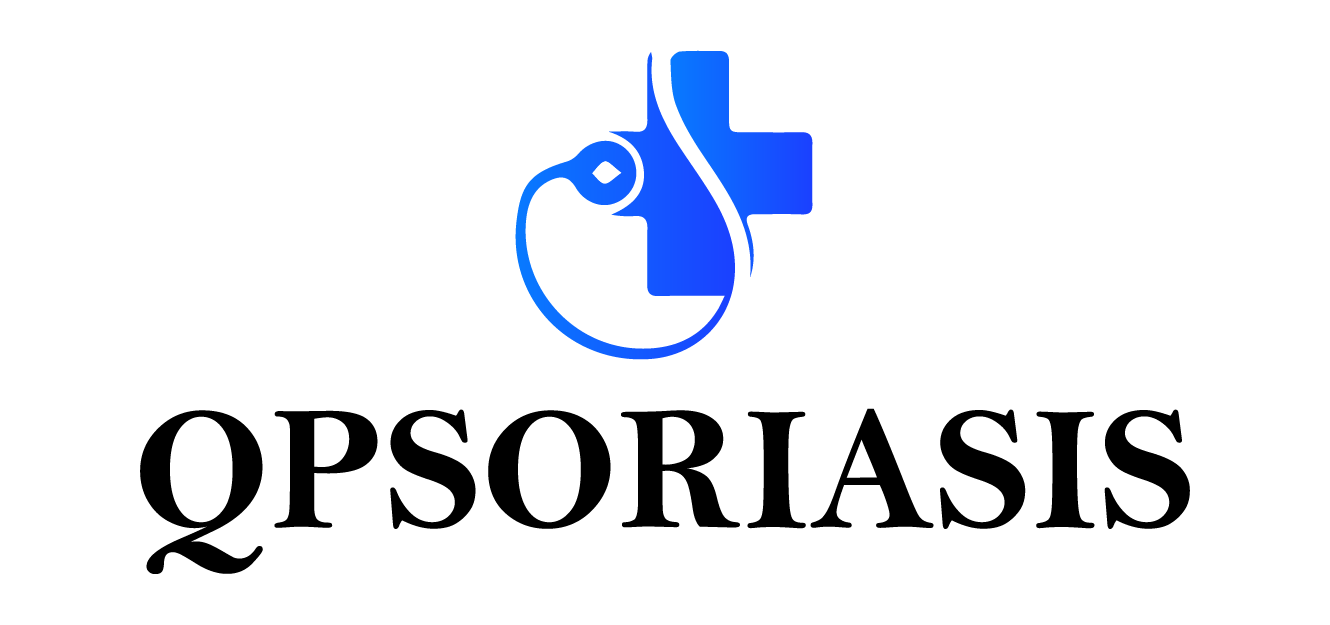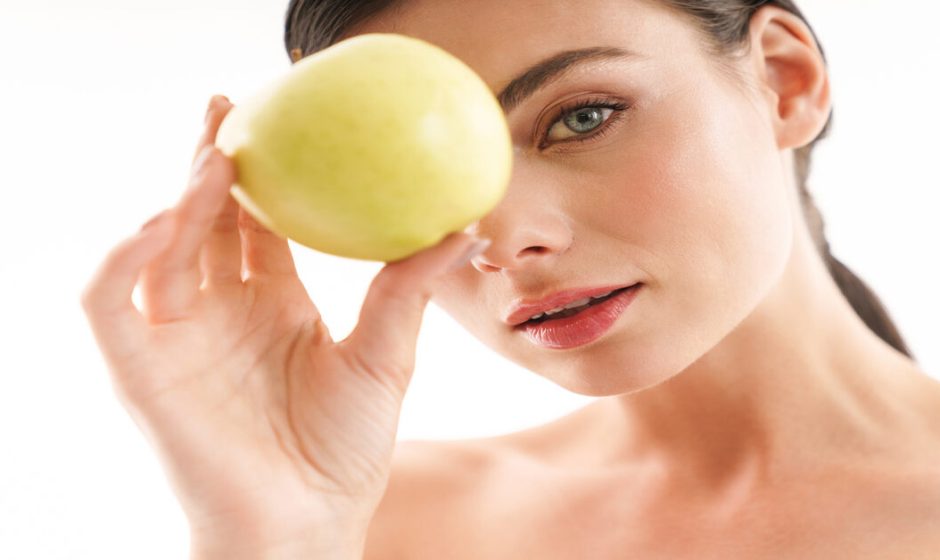What you put in your mouth is a manifestation of what you are all about as far as health is concerned and this is no better seen than in the state of your skin. Although skincare products and treatment have the ability to work wonders, the ultimate skin health can only be achieved inwardly. The food you consume is important in shaping the quality, feel, and the strength of your skin.
The proper nutrition not only assists in repairing the damage that the environmental stressors induce but also makes your skin ever stronger to resist the attacks in the future. Fighting acne, dryness, or premature aging, the inclusion of skin-enhancing foods in your diet can be seen and felt. In this comprehensive manual, we will look at the skin health science behind nutrition, the most appropriate food to incorporate in your diet, and the habits that can change the integrity and skin condition of your skin.
The Connection Between Nutrition and Skin
The skin is the largest organ in the body, just as any other organ, it needs to be well fed to perform well. The skin provides your body with a shield against external aggressors, such as pollution, UV rays, and infections. In order to have this barrier robust and durable, it must have an uninterrupted source of necessary nutrients.
By taking a lot of vitamins, minerals and healthy fats in your diet, your skin also gains in a number of ways. It is made more qualified to self repair damages, combat inflammation, and stay hydrated. High sugar and processed foods and unhealthy fats, on the other hand, may hasten the process of aging the skin, cause breakouts, and worsen inflammatory skin ailments, such as eczema and psoriasis.
Essential Nutrients for Skin Health
Vitamin C: The Collagen Builder
Vitamin C is, perhaps, the most famous skin-friendly nutrient, which is justified. It is a strong anti-oxidant that helps your skin against free radicals that are caused by the sun and pollution. More so, collagen synthesis depends on vitamin C. The protein that ensures your skin is elastic and firm is called collagen, and the quantity of collagen decreases with age.
Oranges, strawberries, bell peppers, broccoli and kiwis are foods that are high in vitamin C. These foods can be taken regularly to lessen fine lines, enhance the skin texture, as well as, provide a healthy glow to the skin.
Omega-3 Fatty Acids: Nature’s Moisturizer
The omega-3 fatty acids are the vital fats that cannot be synthesized by the body itself, thus you are required to take them in your diet. These good fats assist in fortifying the body skin lipid lining in place of locking in moisture and avoiding skin dryness. Omega-3s are also anti-inflammatory, and thus helpful especially to people with acne, eczema or other inflammatory skin conditions.
Examples of good sources of omega-3s are fatty fish such as salmon, mackerel and sardines. Examples of plant-based foods are chia seeds, flaxseeds and walnuts.
Vitamin E: The Skin Protector
Another potent antioxidant that is used with vitamin C to prevent oxidative stress in your skin is vitamin E. It counteracts the free radicals and assists in keeping the skin in balance of its natural oils preventing skin dehydration and irritation. Vitamin E is also known to benefit the recovery of wounds, and therefore is a good nutrient to people who have to deal with scars or blemishes.
Almonds, sunflower seeds, avocados and spinach are foods rich in vitamin E.
Zinc: The Repair and Recovery Mineral
Zinc is a trace mineral and is very crucial in the skin repair and renewal. It controls the production of oil, and thus, it is an excellent nutrient to acneic-prone skin. Zinc also increases the wound healing capacity and the inflammatory reaction of the skin.
Zinc is contained in pumpkin seeds, chickpeas, lentils, oysters, and lean meat. Certain foods containing a lot of zinc can be added to your diet which will minimize acne flare-ups and the general health of your skin.
Probiotics: Gut Health for Clear Skin
The gut-skin relationship is an emerging field of study and it has been proposed that a healthy gut microbiome is strongly associated with clear and glowing skin. The positive bacteria found in fermented food, probiotics, assists in normalizing the bacteria inside your gut, decreasing inflammation and enhancing the resilience of your skin.
Probiotic foods encompass yogurt, kefir, kimchi, sauerkraut, miso and kombucha. To have them in your diet will assist in curing skin problems such as acne, rosacea, and eczema.
Hydration: The Unsung Hero of Skin Care
We tend to pay much attention to food, but hydration is also vital in the process of keeping the skin healthy. Water is also very essential in maintaining the skin cells plump and hydrated making the skin look less wrinkled and lines. Correct hydration also helps in the natural detoxification of the skin and flushing out of the toxins that may cause dullness or breakouts.
Strive to use at least 8-10 glasses of water daily, and add to your fluids that are rich in water such as cucumbers, watermelon and celery. Teas made of herbs and Coconut Water are also very good in increasing the level of hydration.
Foods to Avoid for Better Skin Health
People mistake some foods as ones that can replenish and heal your skin, but there are those that damage it. High sugar and refined carbohydrate diets are capable of surging insulin levels, which is associated with more oil production and inflammation, the two primary causes of acne. The skin is sensitive to processed foods, which are usually rich in unhealthy fats and preservatives and this has the tendency of breaking down the natural balance in the skin thus causing aging.
Another popular suspect of skin problems especially acne is dairy products. Although not all people get affected this way, there are those who experience breakouts or deterioration of the current skin conditions after consuming dairy. You can also consider trying a dairy-free diet to determine whether it has any positive effect on your skin.
Building a Skin-Friendly Diet
It does not necessarily need to be difficult to make a diet that is healthy to the skin. Begin by adding more and more colorful fruits and vegetables on your meal tables since they contain a lot of antioxidants and vitamins. Include healthy fatty foods such as avocados, nuts and seeds, and focus on lean foods such as fish, chicken and legumes.
Smoothies are excellent when one wants to include several ingredients that are friendly on the skin into a single meal. Add spinach, berries, almond milk and a scoop of chia seeds to your diet to have a nutrient-rich breakfast or snack, and take care of your skin, both on the inside and the outside.
Final Thoughts
Healthy and strong skin is based on nutrition. Taking skin-friendly foods can help to facilitate the natural healing of your skin, decrease inflammation, and have a glowing complexion. Although results might be a long time coming, the results of taking care of your skin inside out are long-term and well worth the effort.It is important to remember that holistic approach is the key to healthy skin. Eat healthy and exercise regularly to match your healthy eating with an effective skincare regime, exercise, and hydrate well. Start today, your skin will thank you!



